CS2's New World Order: Good for the Game, or Just Good for Business?
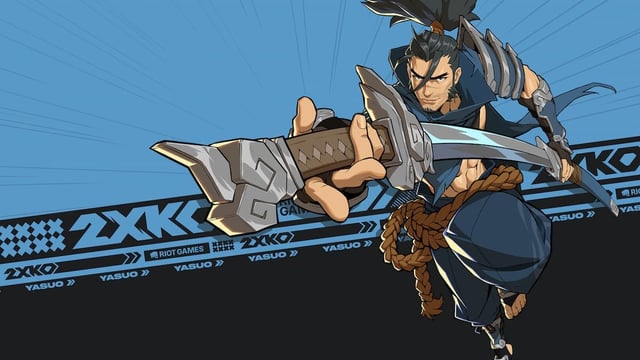
The digital dust has barely settled on Counter-Strike 2, and already the landscape is shifting under our feet. ESL Pro League's decision to cement permanent partner slots for several top teams has sent ripples throughout the entire Counter-Strike ecosystem. As Jake "The Snake" Thompson, a former team owner, manager, and grizzled CS veteran, I've got some thoughts – and like a well-timed flashbang, they might sting a little.
Back in my day, running Dust2Dominate from 2014 to 2018 in CS:GO was a constant hustle. Finding sponsors, scrimming at ungodly hours, praying for a decent seed in qualifiers… It was the Wild West. And before that, slinging commentary for CS:Source tourneys, I saw teams rise from complete obscurity to challenge the established gods. That's the Counter-Strike I know and love. But is that Counter-Strike still possible in the CS2 era?
The Lay of the Land: ESL Pro League's Partnership Program
Let's break down what ESL Pro League's done. They've essentially handed out golden tickets to a select group of teams, including giants like Navi, Faze, Astralis, Vitality, and G2 Esports. These tickets guarantee them slots in the ESL Pro League, offering a level of stability that was previously unheard of. On top of that, they get a slice of the revenue pie.
So, what's the catch? To keep that golden ticket, these partner teams have to meet certain requirements, which likely revolve around maintaining a high level of performance, investing in infrastructure (think player development and top-tier coaching), and, frankly, keeping ESL happy. Makes sense, right? But the devil is always in the details.
Stability vs. Stifled Competition: The Two Sides of the Coin
Here's where my head starts spinning. On one hand, this move could be a game-changer for the Counter-Strike scene. Think about it: these organizations now have a secure revenue stream, which allows them to invest in long-term player development, build better training facilities, and generally elevate the level of professionalism. That's a win for everyone, right?
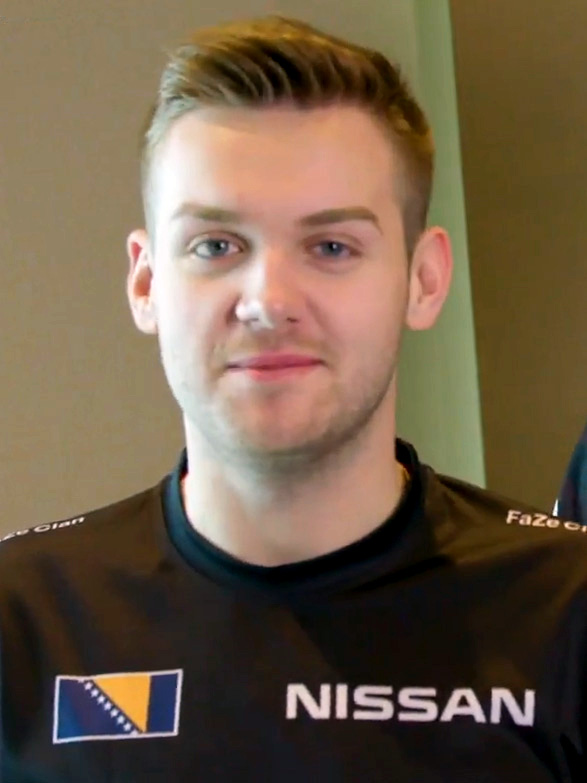
Well, maybe. The other side of the coin is a potential stifling of competition. By guaranteeing slots to these partner teams, you're effectively limiting opportunities for up-and-coming squads. What about the hungry young guns grinding away in online leagues, dreaming of taking down the established elite? Are they now facing an even steeper uphill battle? Are we creating a "pay-to-play" environment where only teams backed by deep pockets can realistically compete at the highest level? These are crucial questions.
Grassroots CS2: A Fading Dream?
This is what really keeps me up at night. Remember the days of CS:Source when a team of nobodies could dominate an online qualifier, ride that momentum to a LAN event, and suddenly find themselves on the world stage? That kind of Cinderella story felt possible. It fueled the dreams of countless amateur players and kept the scene vibrant and unpredictable.
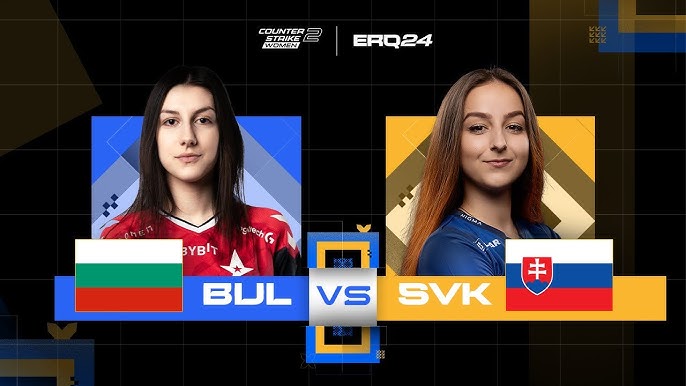
How does this new system affect that pathway? Sure, open qualifiers still exist, but the odds are stacked against non-partnered teams. They're competing for fewer slots, and they're facing opponents who have access to better resources, coaching, and infrastructure. It feels like the gap between the haves and the have-nots is widening.
The hope, of course, is that ESL and other tournament organizers will continue to prioritize open qualifiers and create opportunities for grassroots teams to prove themselves. But let's be realistic: with guaranteed slots and revenue sharing on the line, the incentive to prioritize the "little guy" might diminish.
CS2 vs. CS:Source: A Nostalgic Look Back
Thinking back to my CS:Source days, the pro scene felt rawer, more accessible. Teams like Pandemic and compLexity (yes, I'm showing my age) rose through sheer skill and determination, carving their names into Counter-Strike history. Online leagues like CAL and LAN circuits like CPL were the proving grounds, where anyone with enough talent and grit could make a name for themselves.
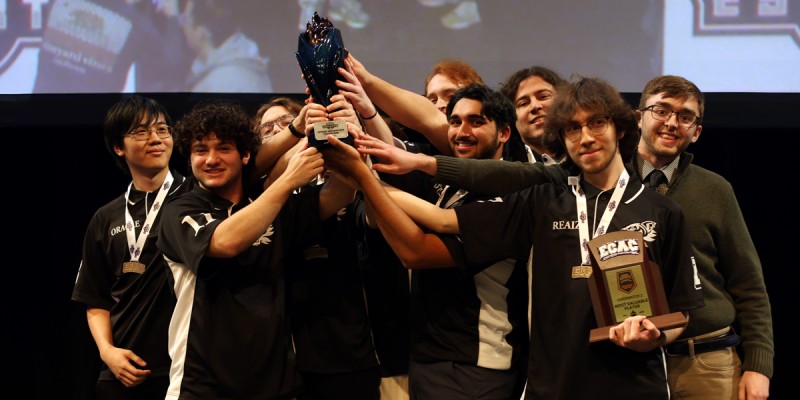
Can that happen in CS2 today? It's harder, no doubt. The esports landscape is more professionalized, more corporatized. There's more money involved, and with that comes more pressure to deliver results. But I refuse to believe that the dream is dead.
Finding the Balance: A Call for Vigilance
Ultimately, the success of this partnership program hinges on ESL's commitment to fostering a healthy and competitive ecosystem. They need to ensure that non-partnered teams have a fair shot at qualifying for top tournaments, and they need to invest in the grassroots scene. We, as a community, need to hold them accountable.
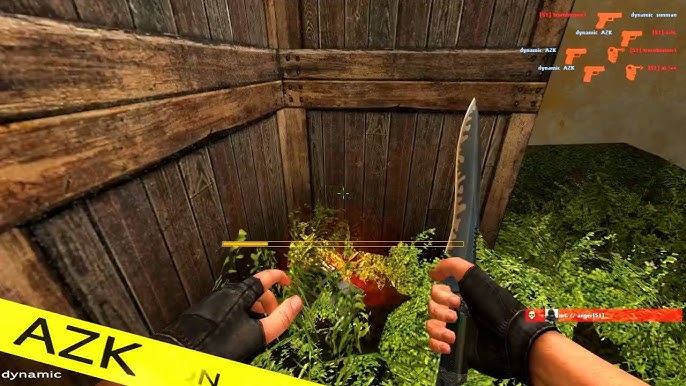
This means supporting amateur tournaments, promoting open qualifiers, and advocating for policies that level the playing field. It also means celebrating the underdog stories, the teams that defy the odds and rise from obscurity to challenge the established giants. Because that's what Counter-Strike is all about. It's not just a game; it's a community, a culture, a dream. And we need to protect it.
As a consultant now, I work with esports startups and smaller organizations looking to find their place in the scene. These decisions by ESL directly impact how they grow and compete. I'm torn, because I see the benefit of stability for orgs like Navi and Faze, but I also know the struggle of trying to break through without those advantages.
The Future of CS2: Let's Talk
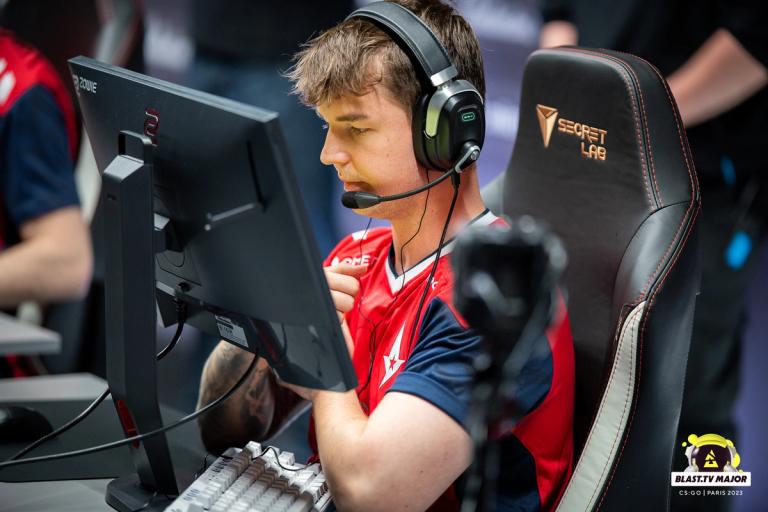
So, what do you think about the ESL Pro League's partnership decision? Is it good for the future of Counter-Strike 2, or does it hurt the competitive scene? Share your thoughts in the comments below! I'm eager to hear your perspectives. Let's keep the discussion going and ensure that Counter-Strike 2 remains a game where anyone, regardless of their background or financial resources, can chase their dreams.

